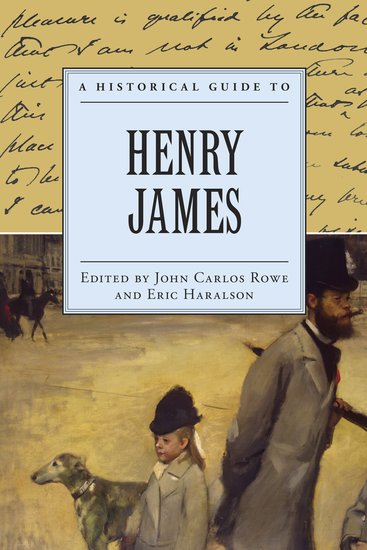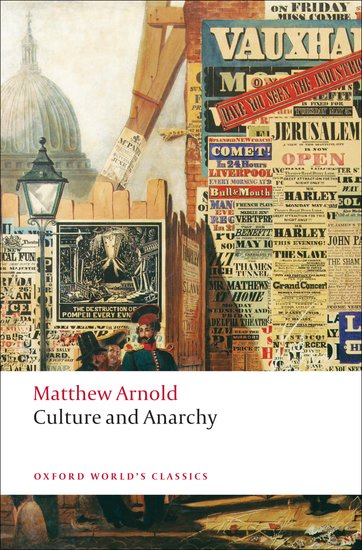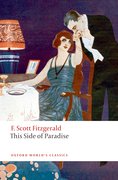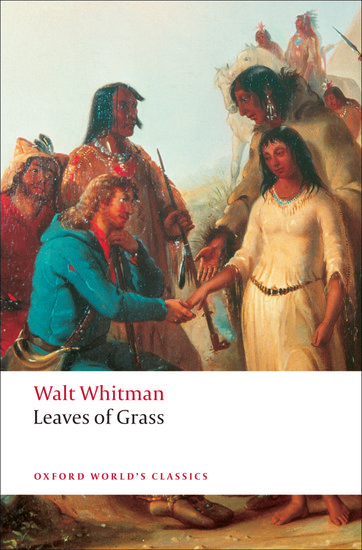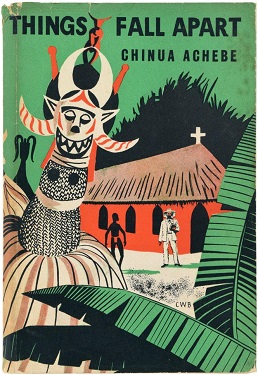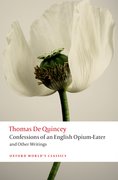Our Henry James
By John Carlos Rowe
As we anticipate the public release this year of Scot McGehee’s and David Siegel’s film, What Maisie Knew, which premiered at the Toronto Film Festival on 7 September 2012, I wonder once again what drives popular fascination with Henry James’s fiction in our postmodern condition? Of course, I love Henry James and have spent much of my scholarly career reading, teaching, and writing about his works.

